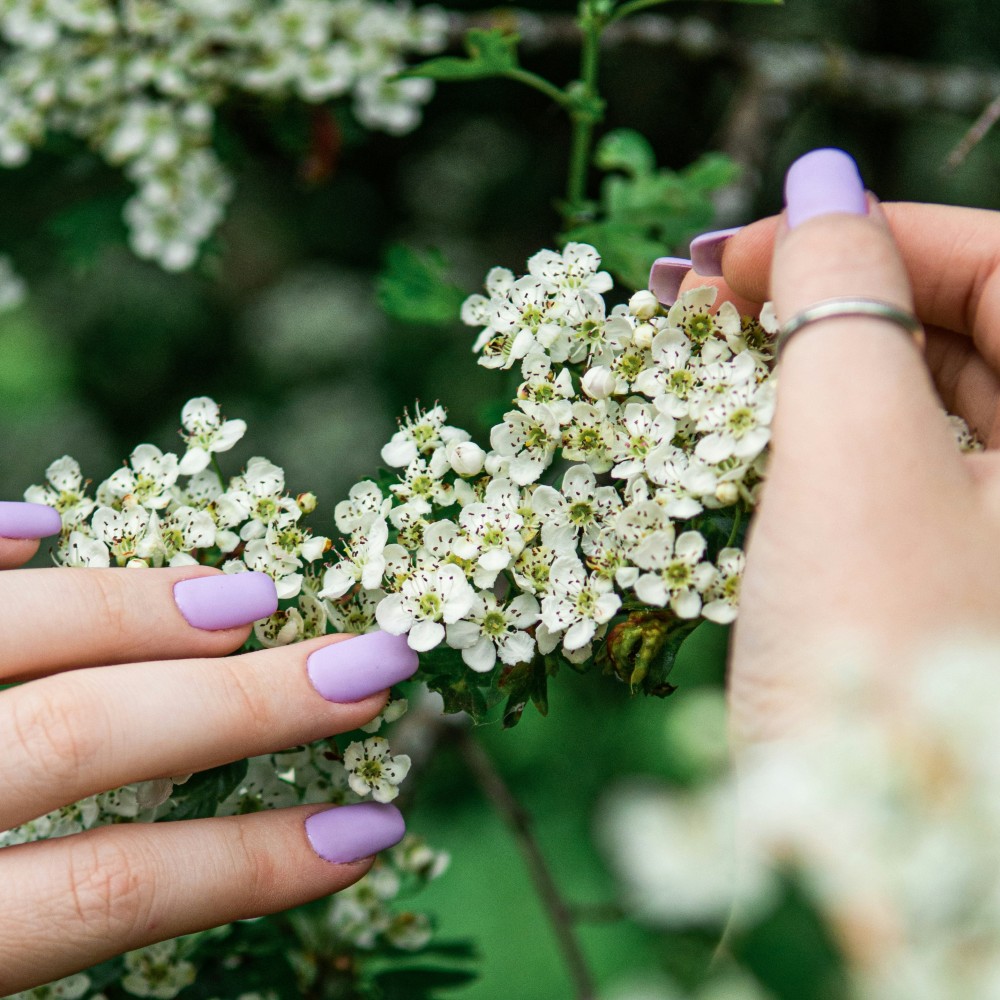Published:
The nail polish industry is a fast-growing business driven by fashion. Millennials are propelling nail industry innovation by demanding bright acrylics and ombre accents for everyone, everywhere, and all at once. Influencers such as Kylie Jenner, Hailey Bieber, Nicki Minaj, Billie Eilish, Cardi B, and others have contributed to the popularity explosion of acrylic nails, relying on skilled professionals to cater to their nail needs.
In 2022, the global nail salon market was valued at USD 11 billion and is expected to grow at a compound annual growth rate (CAGR) of 8.0% from 2023 to 2030. Post-pandemic, there has been a significant emphasis on personal grooming, physical appearance, and beautification. People across the globe have become more conscientious about their overall appearance, including their nails.
Social media platforms, specifically TikTok, have significantly amplified the nail industry megaphone. Through its short video feature, there are nail art tutorials that align with the expectations of millennials. The availability of new and advanced nail care products, tools, and equipment has improved the quality of services and expanded the range of offered services. In 2022, the manicure service segment dominated, covering about 1/3 of the global market.
While the industry continues to grow, many concerns have arisen regarding the health risks associated with certain nail care practices. According to researchers at the University of California, San Diego, studies have highlighted potential dangers, such as DNA damage and cancer-causing mutations linked to UV nail polish dryers. Additionally, the environmental impact of nail products, particularly non-biodegradable gels and acrylics, raises sustainability concerns. The primary ingredient in nail polish is nitrocellulose (cellulose nitrate) cotton, which acts as a film-forming agent. Nitrocellulose is used in making explosives and dynamite; its vapors irritate the skin, eyes, and lungs. Nail polish sits in landfills and leaches toxic components such as toluene, dibutyl phthalates, formaldehyde, and others that seep into soil or water when discarded. Gels and acrylic nails are both non-degradable and cannot be recycled. Working in nail salons exposes workers to a variety of chemicals daily. After years of working in a nail salon every day, these exposures add up. Many workers work long hours and don’t ventilate the area accordingly. Based on this data, more and more nail salon workers and users may start experiencing health problems.
Despite all the hazardous implications of the nail industry, it continues to grow globally. The fastest-growing overseas markets for artificial nail care are Germany, England, France, and other parts of Western Europe. The Scandinavian countries, Eastern Europe, the Far East, and South America demonstrate an appetite for natural nail care but currently need to utilize existing artificial nail care services. A Nail & Hair Affaire Ltd. introduced acrylic nails to Zimbabwe, Africa, in 1984. The introduction of artificial nails has been viral and created a national demand for the product. Women across the country come to one of Zimbabwe’s four A Nail & Hair Affaire nail salons. In Germany, Hans Paulig, founder of Maha Nail, a Creative Nail Design distributor, says natural-looking nails that are not too long and have a rounded shape seem the preferred style among salon clients in Germany. This fast-expanding industry is expected to have an even greater impact on health and the environment. This continuous growth signifies that people overlook the health implications of keeping up with fashion trends.
This environmental challenge also creates business opportunities. There is a growing worldwide effort to develop more sustainable and eco-friendly alternatives in the nail care industry. This includes using water-based polishes and biodegradable materials and reducing harmful chemicals in nail products. This industry will continue in high demand as customers increasingly prioritize current trends while aligning with environmental concerns.
File under






